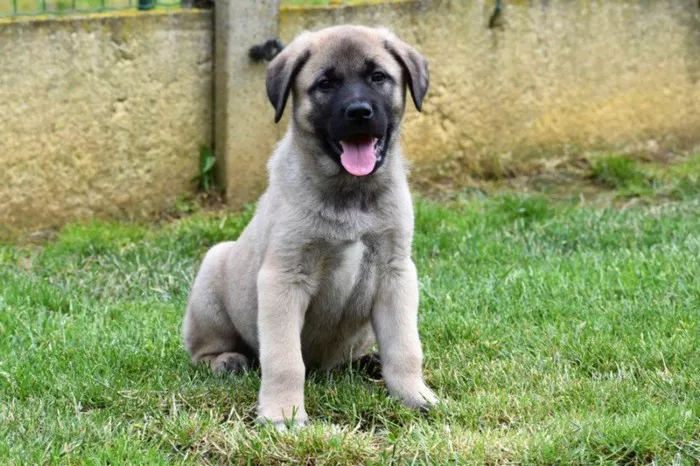The Anatolian Shepherd Dog is an ancient breed, with its ancestors tracing back over 1000 years ago when Turkish-speaking people settled in Asia and brought their shepherd dogs with them. Initially, these dogs were not used to herd sheep but to protect them from predators such as wolves and bears. Therefore, one of the main characteristics of Anatolian Shepherd Dogs is their excellent guarding ability.
Socialization and Independence
Anatolian Shepherd Dogs possess strict social organization but also demonstrate a certain level of independence. This means they may not form dependencies as easily as other breeds, making them not the ideal companion animals for a household environment. However, it doesn’t mean they cannot be part of a family; it just requires an experienced, gentle owner to provide proper training and management.
Loyalty to the Owner
Despite displaying independence in some aspects, Anatolian Shepherd Dogs are extremely loyal to their owners. They have a natural protective instinct, making them excellent guardians for family members. They are cautious around strangers and only show aggression when necessary. Therefore, if you are looking for a companion that can protect your property and form a deep emotional bond with you, the Anatolian Shepherd Dog might be the ideal choice.
Exercise Needs
Anatolian Shepherd Dogs require plenty of exercise to stay healthy and happy. They were originally bred to work outdoors, making them unsuitable for urban environments. Instead, they thrive in suburban or spacious areas where they have enough room to run and explore.
Grooming Advice
Due to their longer coat, Anatolian Shepherd Dogs need regular grooming to prevent matting. Additionally, they require regular exercise and moderate social interaction. If you have the time and resources to meet these basic needs, this breed can become a loyal and reliable family member.
In summary, the Anatolian Shepherd Dog is a brave, loyal, and independent breed known for its excellent guarding abilities. While they excel at protecting flocks, they may require more patience and training in a household environment. If you are ready to take on such a challenge and are willing to invest time and effort into caring for them, this breed is definitely worth considering.


